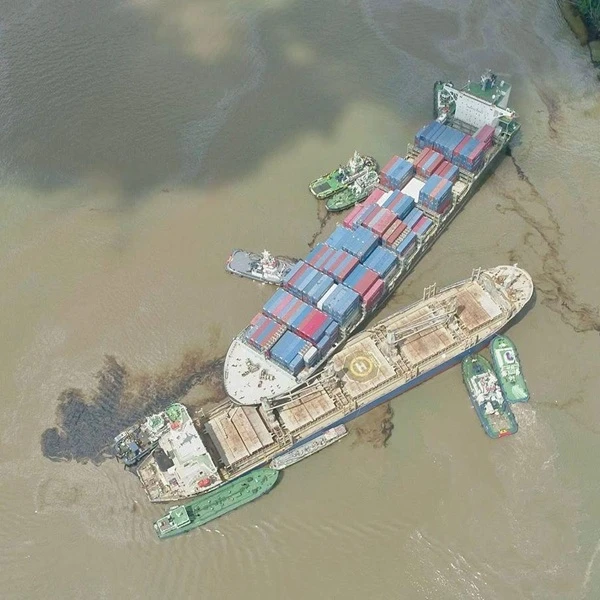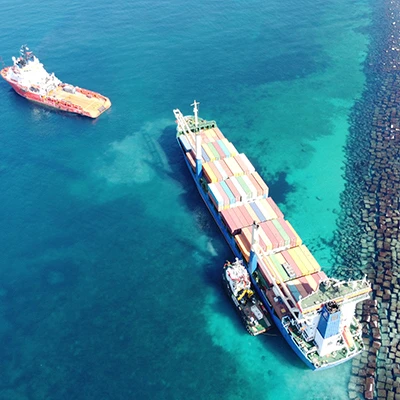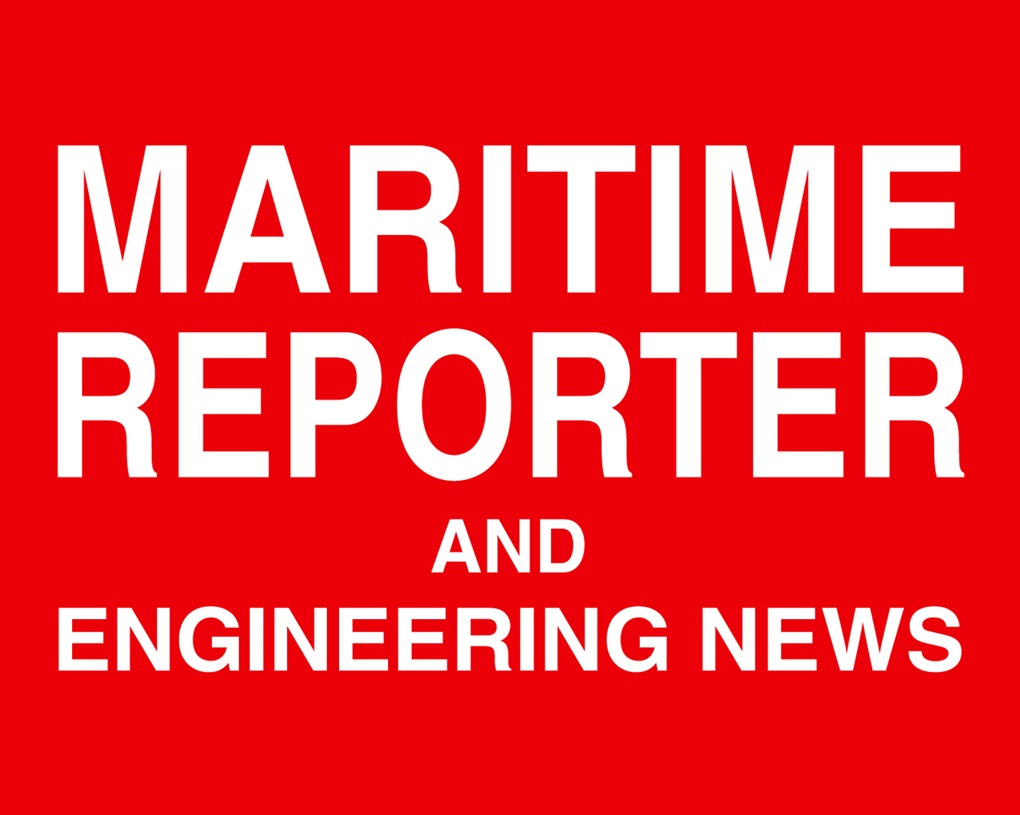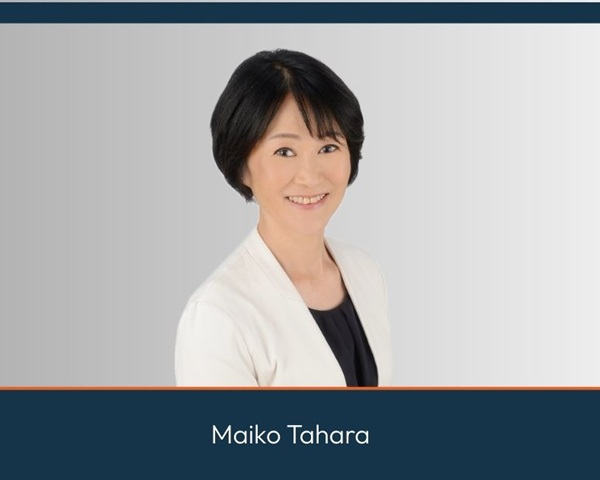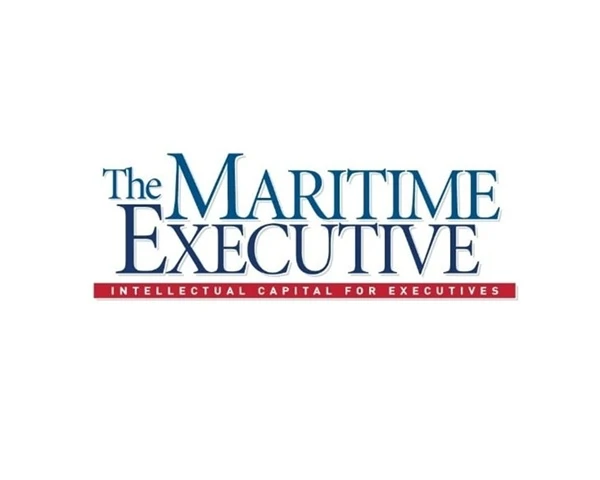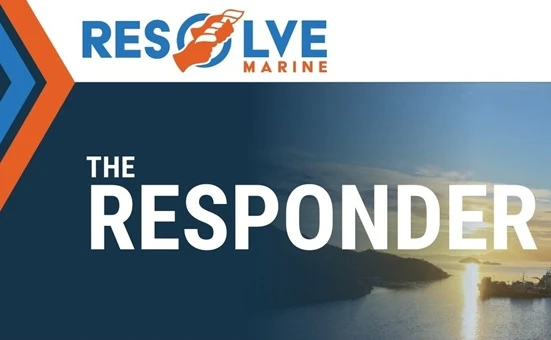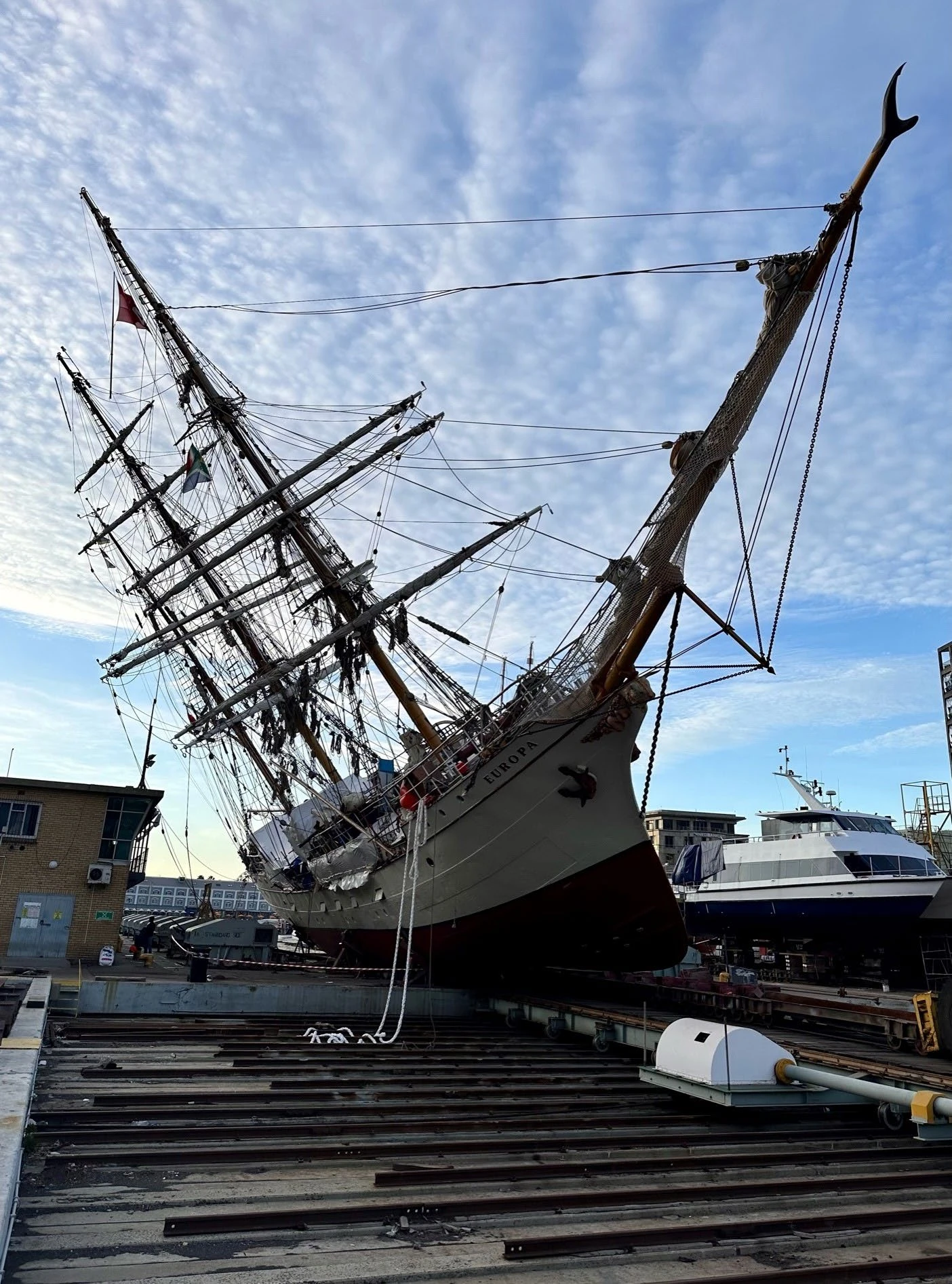
An interview with a salvage diver.
While visiting Tacoma for the opening of Resolve’s newest warehouse and facility, we sat down with Greg T. to learn more about his career as a commercial diver. Greg, and a team of Resolve Marine firefighters and emergency response personnel, had just come off the Kodiak fire in the Port of Tacoma. Their four-day effort garnered local headlines and energy was high. Greg’s passion for his profession came through in our Q&A while out and about..jpg)
Tell us about your career as a commercial diver?
I have been a diver for over 33 years. Divers pick up things that go to the bottom of the ocean, often vessels that have sunk. Before diving I was a bridge inspector for the State of Florida. I have also built ports and am an expert underwater welder.
How, exactly, does underwater welding work?
This is where the concept of reverse polarity comes into play and lets you use a DC welder. You can’t use an AC welder otherwise you will get electrocuted. By using reverse polarity, welding rods are positive and grounded.
Is what you do dangerous? What are the safety protocols?
While it might be perceived as dangerous, it’s not. Every job has safety protocols, including a JHA (Job Hazard Analysis) that describes activities expected to happen that day. In addition, we have strict OSHA standards requiring safety protocols on every job. At a daily toolbox safety meeting, we review potential hazards and safety issues that could take place and mitigation protocols.
How did you get into this line of work?
I was a U.S. Navy diver for 14 years and used to be a Navy dive instructor.
What do you like about working for Resolve Marine?
I like traveling and living out of a suitcase. I enjoy getting calls at four o'clock in the morning saying hey, ‘You got to be at the airport, grab your stuff and go.’
Thinking about the next generation of commercial divers in the salvage industry, give us the “pitch” on why anyone would pursue this as a career?
It’s not an everyday job that everybody can do. It is, however, extremely interesting and every project is a different challenge.
What certifications are required?
The required certificate for divers is ADCI (US preferred) or DCBD (Canadian Cert). International employees require an IMCA certificate. UK and New Zealand use either IMCA or HSE.

